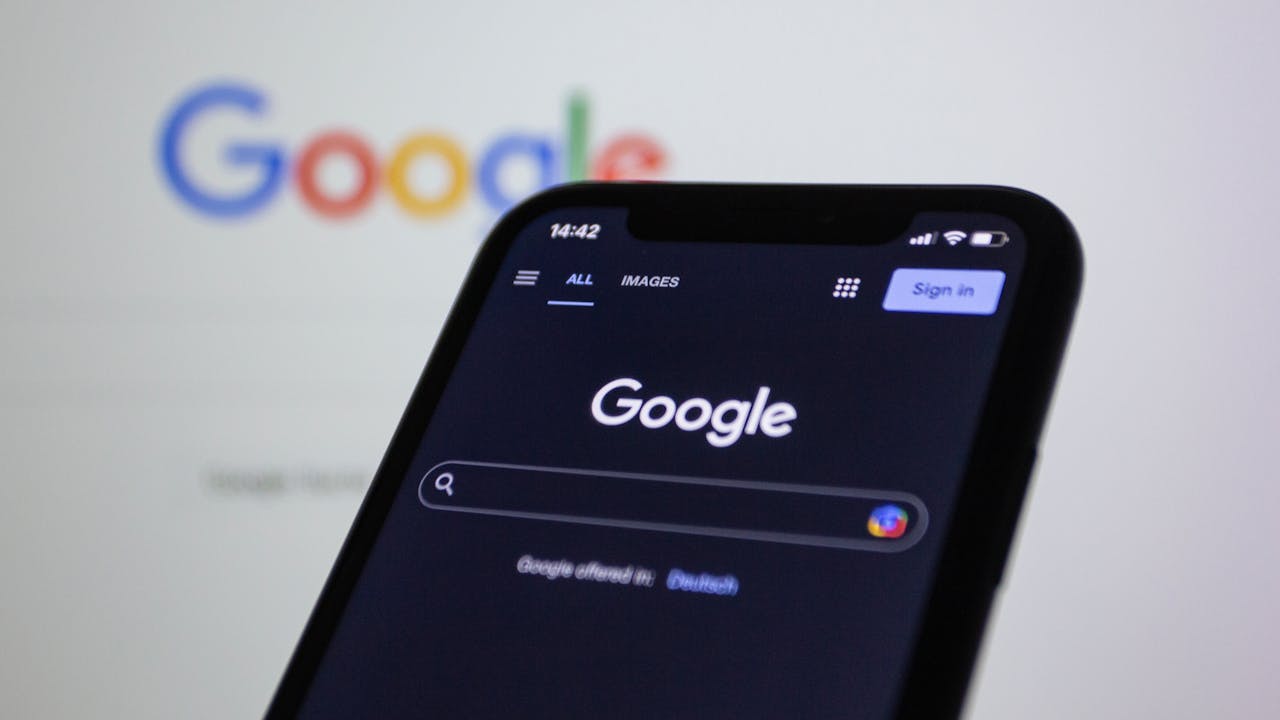The murder of Charlie Kirk has raised concerns about the role of social media in radicalizing individuals. Users on platforms such as BlueSky, Reddit, and Discord have reportedly celebrated Kirk's assassination, prompting investigations by the FBI into communications between the killer and at least twenty Discord users.
Explainer Charlie Kirk Overview
FBI Director Kash Patel confirmed that some individuals may have previewed the killing days in advance, highlighting the potential dangers of extreme online rhetoric. Critics argue that social media companies must take responsibility for their role in fostering radicalization, particularly given their history of censoring conservative viewpoints while allowing leftist discourse to flourish.
The cancellation of "Jimmy Kimmel Live!" by Disney/ABC, following pressure from local television affiliates, serves as an example of how private entities can self-regulate. This contrasts sharply with the perceived leniency shown by social media platforms toward leftist rhetoric, which some argue has contributed to a toxic online environment.
For years, conservative voices have faced deplatforming and other forms of censorship from Big Tech companies, often in coordination with the Biden administration. Thousands of conservative accounts were suspended during the COVID-19 pandemic and after the 2020 election, including those of several Republican lawmakers. Critics contend that these actions reflect a double standard in content moderation practices.
Social media platforms often cite their "terms and conditions" to justify content removal. For instance, Reddit's rules prohibit harassment and incitement to violence, leading to the banning of the r/donaldtrump subreddit in January 2021 for violating these policies. However, similar actions against leftist voices have been noticeably absent, particularly in light of Kirk's murder.
The disparity in enforcement raises questions about the fairness of content moderation policies. The Trump administration's Department of Justice and Federal Trade Commission have both scrutinized Big Tech's practices, with the FTC recently launching an inquiry into social media censorship.
Legal experts suggest that the protections offered by Section 230, which shields web companies from liability, may not apply if companies are found to be applying their policies in a discriminatory manner. This could open the door for federal investigations into the practices of social media platforms.
As Americans value free speech, there is a growing concern about the unequal treatment of speech based on political viewpoints. Advocates argue that the government has a role in ensuring fair treatment of all voices in the digital public square.
In conclusion, the tragic events surrounding Charlie Kirk's murder underscore the urgent need for social media companies to reevaluate their content moderation practices. If they fail to do so, government intervention may be necessary to ensure equitable treatment of all users, regardless of their political beliefs.
Why it matters
- Charlie Kirk's murder highlights the radicalization risks posed by social media, prompting FBI investigations into online communications.
- The incident raises concerns about the disparity in content moderation practices between conservative and leftist voices on social media.
- Critics argue that social media companies must be held accountable for fostering a toxic online environment that can lead to violence.
- The case may lead to increased scrutiny of Section 230 protections for social media companies if discriminatory practices are proven.
What’s next
- FBI investigations into communications related to Kirk's murder are ongoing, focusing on Discord users.
- Calls for social media companies to reevaluate content moderation practices are intensifying among advocates and lawmakers.
- Potential federal inquiries into social media censorship practices may be initiated based on recent events.

